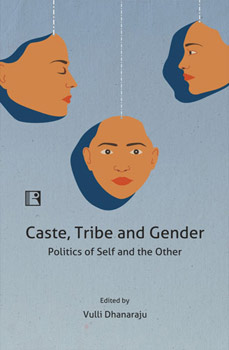Description
Of late, politics of the ?self? and the ?other? has been the subject of much academic debate in the study of subaltern identities all over the world. This debate addresses several questions. What is an identity? How are subaltern identities different from others? How the ?self? is contested with the ?other?? Keeping in view these questions, the caste, tribe, and gender have all arisen is some way from a redrawing of the ?otherness? and everyday experiences in the society. In this context this book proposes to explore the nature of social subordination and its diverse forms of subordinations in the study of structural hegemony which exists in different forms in Indian society. The interface between contemporary state and social identities on the one hand, and relationships among the self identities on the other provided the context within which social hegemony is practiced. Social marginalization, contestation and discrimination has existed in Indian society since time immemorial. But the rise of self-respect movements and social network revolution after 1980s heralded the process of major changes in the social identity movements which remolded many of the pre-existing social discriminations. The gender question on the other hand has also attracted a lot of attention, particularly, because of the rise of the feminist movement in post-independence period. Like other social categories, women also have been involved in collective actions equipped with their agenda, leadership, ideologies and organizations in order to have their proper and dignified place in all aspects of life. The book is divided into four thematic sections covering 16 chapters. The four themes are (1) Politics of Self and Other; (2) Caste and Tribe; (3) Gender; and (4) Other Marginal Identities and Politics.
Contributors
Sunitaa Saikia
Suniti Ahuja
Binod C. Agrawal
Maggie Katharpi
Vulli Dhanaraju
Riju Devi
Abheeshta Nath
R.K. Bijeta
Thiyam Rabikanta Singh
Tahir Hussain Ansari
Tripti Soni
Rini Banerjee
Bijayani Mishra
Biman Kumar Nath
Jhumpa Dey
Sekhar Kanti Sarkar
Prasad R.









